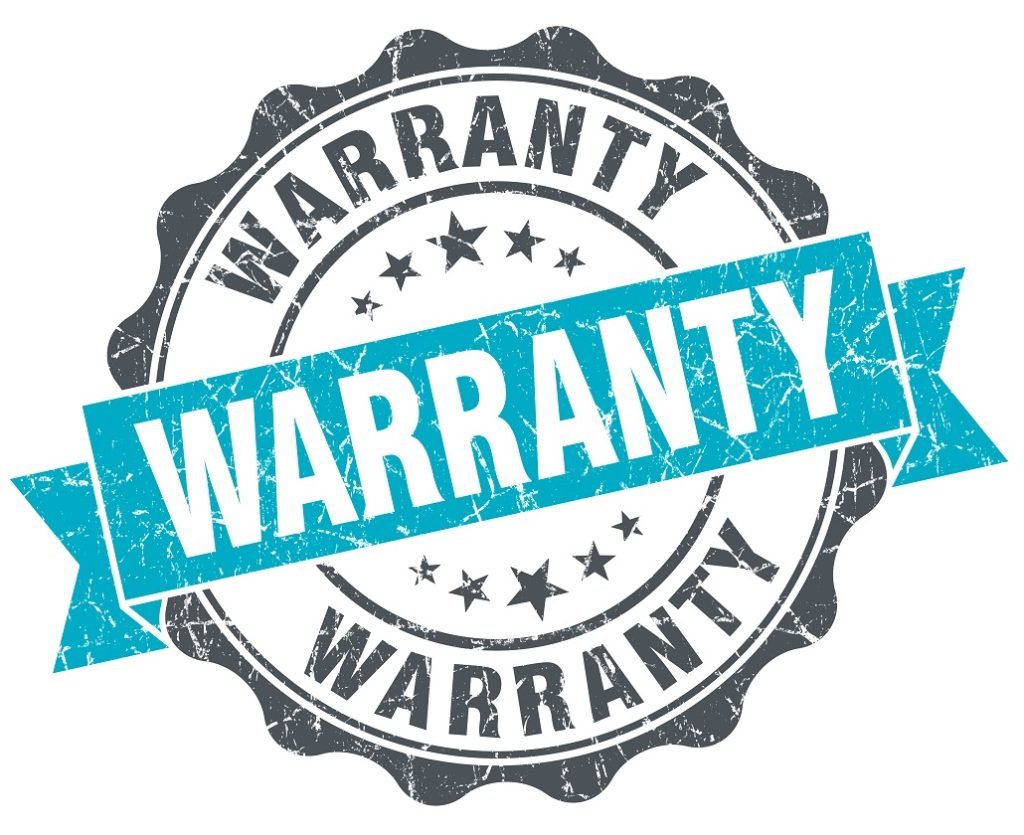Accidents happen. It is a simple fact of life. What about the events standard auto insurance does not cover? You never want to get stuck paying for damage or repairs that your insurance could have covered. Despite the now infamous scam calls, an extended warranty itself is far from a scam. It provides invaluable protection that can keep you from paying for costly repairs.
What Is an Extended Warranty?
An extended warranty is what it sounds like. It is a warranty that operates as an extension of your vehicle’s original factory warranty. It usually covers maintenance, breakdowns, and other costs that do not fall under the umbrella of accidents or collisions. Be wary, though, as not all extended warranties are created equal. Most do not cover routine maintenance, such as oil changes, tire rotations, and new brakes. Read the fine print and make sure you know what your extended warranty does and does not cover.

Do You Need an Extended Warranty?
Many auto dealers will try to sell you an extended warranty when you purchase a new car. However, this is often superfluous as you already will have a manufacturer’s warranty with any new car. Additionally, auto dealers often markup the cost of an extended warranty, so be sure to do your research.
The best times to examine an extended warranty are buying or selling a used car or simply taking care of one. Your car’s manufacturer’s warranty may no longer be valid if you have bought a used car. You can transfer this coverage for a fee sometimes. However, if not, this is where an extended warranty takes over. Adding an extended warranty to a vehicle you are selling can also increase its value.
An extended warranty also offsets the cost of maintenance of the car you already own. Most manufacturer’s warranties expire somewhere between 36,000 miles and 60,000 miles. However, maintenance becomes more frequent the older a car is, and you do not want to lose coverage just when you start needing it. An extended warranty provides peace of mind. It is invaluable if you are the kind of person who loses sleep over unforeseen expenses.
The Downsides
Extended warranties do have some drawbacks that dissuade some. Some people who buy them never use them. There is also overlap with the manufacturer’s warranty at times. This leaves you paying for a warranty you are not using until the former expires. Some service plans may only allow you to get repairs at specific locations, which can be troubling if you move or travel frequently. Reliability is another factor that can impact an extended warranty negatively. If the dealer or manufacturer meant to pay the bill goes out of business, you will be stuck with a service you cannot use. Lastly, some extended warranties have depreciation clauses. This puts a limit on your coverage depending on the vehicle’s mileage. Be smart. Look at your situation to determine if an extended warranty is still for you.
How to Choose an Extended Warranty
Many companies provide this service. With many promising the best rates and discounts, it is challenging to know which is best. However, identifying the most reputable extended warranty companies is easier than you may realize. There is plenty of information out there on which is the best. Endurance is a notable example for a few reasons. It has excellent customer service scores and outclasses most competitors when it comes to comprehensive coverage. Carchex is another great option. It has a good customer service rating, the best service for used cars, and has been operating for more than 20 years. Insurance companies offer different things, so decide what you need and look for it. Call around and get a couple of quotes. Many offer special discounts, but you will never know until you ask.
An extended warranty can save you serious money when used correctly. If you think getting an extended warranty is the choice for you, proceed carefully. Many will try to convince you that you need the most amount of coverage. Talk it over and compare rates. It is easy to make an informed decision with a little bit of research and common sense.
